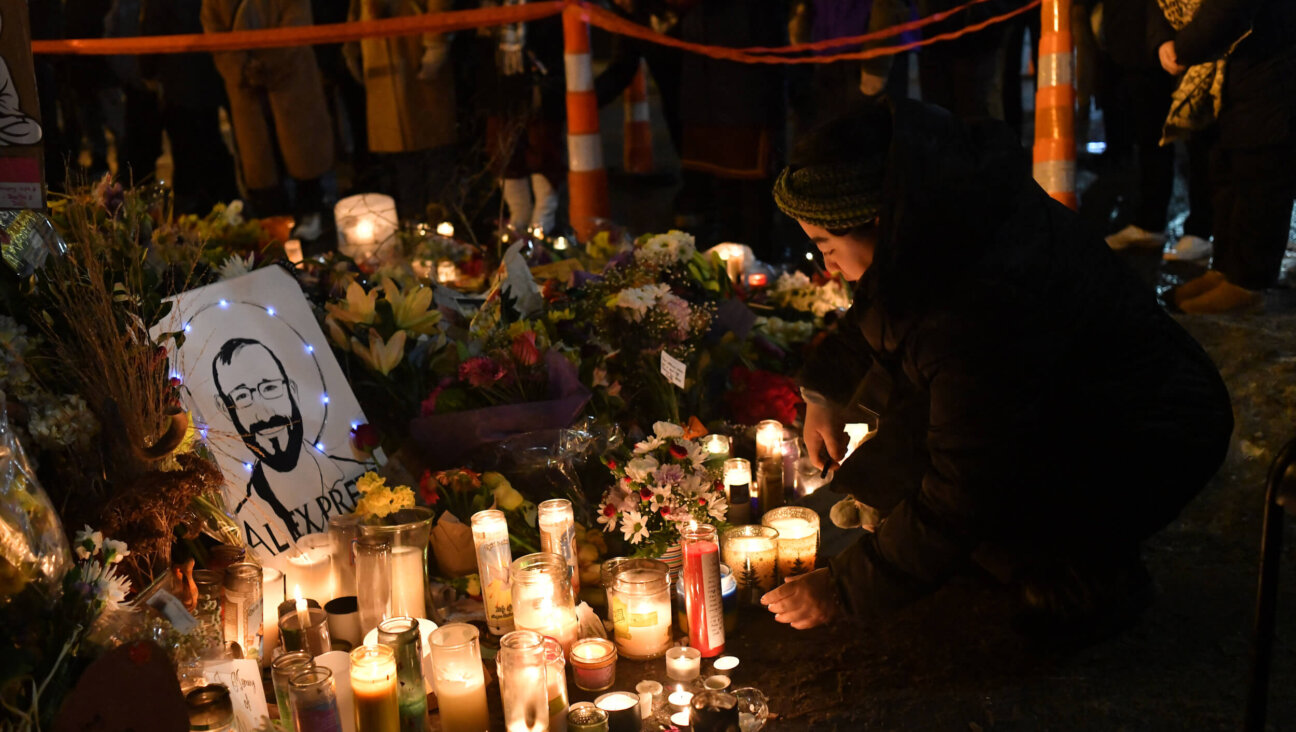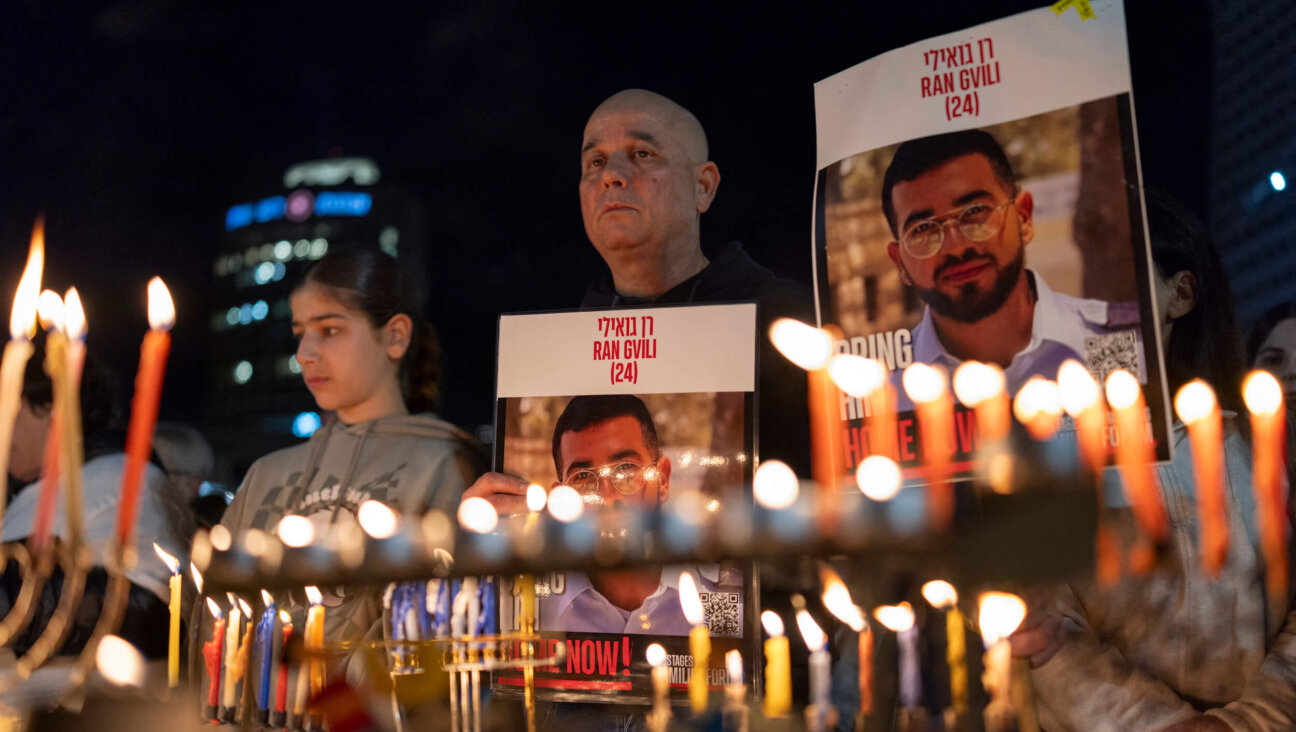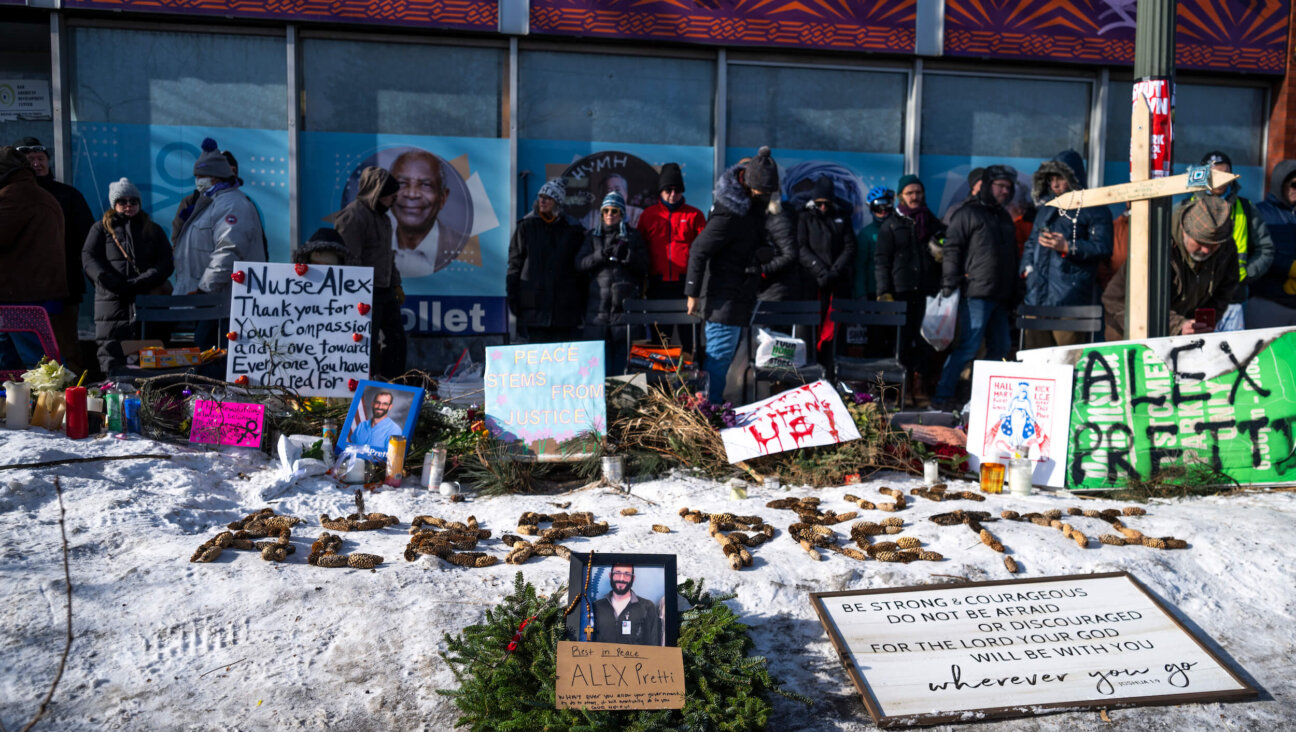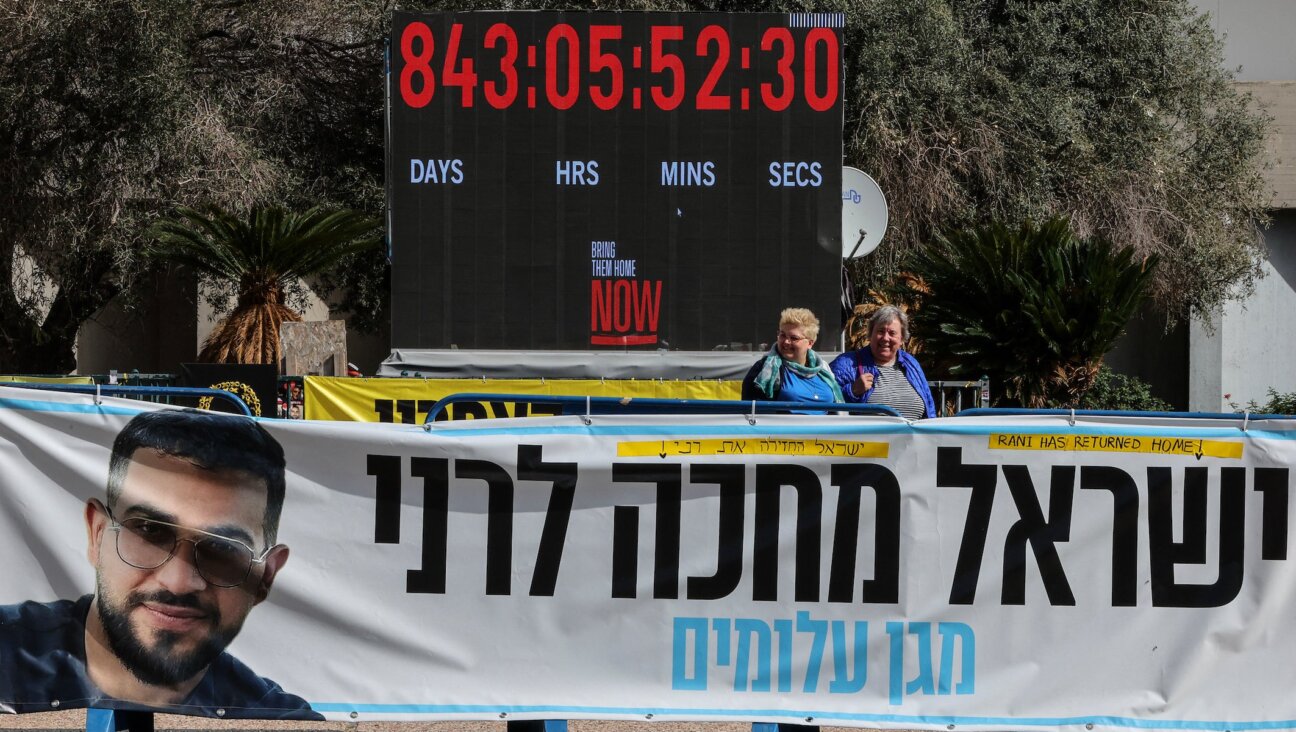The Next Pope
In selecting Joseph Ratzinger as their 265th pope, the cardinals of the Roman Catholic Church were not seeking to break new ground, but opting for continuity. They were voting to carry on the work of the last pope, the charismatic and long-serving John Paul II. Despite all the pre-election rumors of an African, Latin American or liberal pope, the final choice was predictable, almost inevitable. John Paul himself had chosen fully 95% of the prelates who would choose his successor. Ratzinger, the aging, German-born guardian of church orthodoxy, was John Paul’s ideological partner, the stern muse of the conservative theology by which the last pope defined his papacy.
Those who are not Catholic must approach the election, whatever their views of it, in a spirit of forbearance. There are few steps a community can take that are more intimate, more defining or more jealously guarded than the choosing of a leader.
And yet, paradoxically, there are few things a community can do that will more profoundly affect its neighbors. That’s especially so when the neighborhood is all humankind.
It’s no secret that many, both Catholic and non-Catholic, had been hoping this week for a different outcome — for a pontiff more attuned to changing intellectual currents, more open to yearnings for sexual and reproductive freedom, more respectful of religious pluralism, more visibly devoted to the needs of the world’s poor. But they did not get the post-modern pope they hoped for. It is Ratzinger who will now lead the world’s 1.2 billion Catholics on the next stage of their journey.
The new pope offered a remarkably clear definition of his theological vision in a homily he delivered to his fellow cardinals before the voting began. The challenge that will face the next pope, he made clear, is the “dictatorship of relativism,” the pluralism of ideas in an age of uncertainty “that recognizes nothing definite and leaves only one’s own ego and one’s own desires as the final measure.”
On an earlier occasion, quoted this week, he once told a friend that if two people disagree on matters of faith, one of them must be wrong.
Such views could put the new pope on the wrong side of one of the most important spiritual battles of our time, the struggle to build a culture of peace in a world torn by warring fundamentalisms.
It was that sort of certainty that first drew John Paul to the German cardinal. Early in his papacy John Paul made Ratzinger the church’s chief theologian, prefect of the Congregation for the Doctrine of the Faith — an ancient body that was known until 1908 as the Sacred Congregation for the Universal Inquisition (yes, that Inquisition). Over the years Ratzinger was John Paul’s adviser and enforcer, confronting errant church liberals and helping draft landmark treatises on faith, fidelity and human life.
Benedict XVI will not be the same pope that John Paul II was. John Paul was visibly torn between dueling impulses of orthodoxy and pluralism. He led great battles against ideas and behaviors he considered wrong, yet he campaigned to engage other faiths and break down barriers of intolerance. He reformed Catholic teachings on other religions, particularly Judaism and sister Christian churches, yet he raised a generation of conservative bishops whose first commitment is to orthodoxy, not tolerance.
Ratzinger was first among those equals. He helped chart John Paul’s intellectual path, but if he struggled to reconcile conflicting ideals, it was not widely apparent. As pope, he will lead the church that John Paul created, but it may not be the church John Paul intended, if the contradictions the late pope embodied now come to the surface.
Nowhere are the questions more fraught than in the realm of Catholic-Jewish relations. John Paul made the issue a touchstone of his papacy. His revolutionary teaching was that Christianity had not superseded Judaism, as the church had taught for millennia. Judaism, he taught, was a living covenant, a pathway to salvation independent of Christianity.
Ratzinger, the faithful aide, helped draft these doctrines, but he struggled with them. His own 2000 treatise, “Dominus Iesus,” stirred an uproar with its declaration that while “followers of other religions can receive divine grace, it is also certain that objectively speaking they are in a gravely deficient situation” compared to Christians. Despite Jewish complaints that the treatise seemed to contradict a decade of papal teachings, Ratzinger affirmed in an interview soon afterward that, yes, Jews need to accept Jesus. Only two years later did he offer, in a new book, his now-famous statement that the Jews’ waiting for the messiah was “not in vain.”
The past is not always a reliable guide to the future, nor can one predict the future intellectual path of a lifetime appointee, as scholars of the papacy and the Supreme Court have learned. Pope Benedict XVI has a long journey ahead of him, and burdens of office that will change him in ways no one can foretell.
The new pope may have been hinting as much when he chose his papal name, Benedict, or “Blessed.” The last pope by that name spent much of his papacy trying to end World War I and bring peace to Europe. The new pope can build on the legacies of his namesake, and of his late mentor, by becoming a bridge-builder. If he reaches out to the Jewish community, he will find a community ready to join hands in areas where the two faiths agree — advancing the cause of peace, ending poverty, fighting disease.
A partnership between Catholics and Jews, younger and older brothers in faith, could transform the world. A prelate who built that legacy could truly call himself Blessed.















